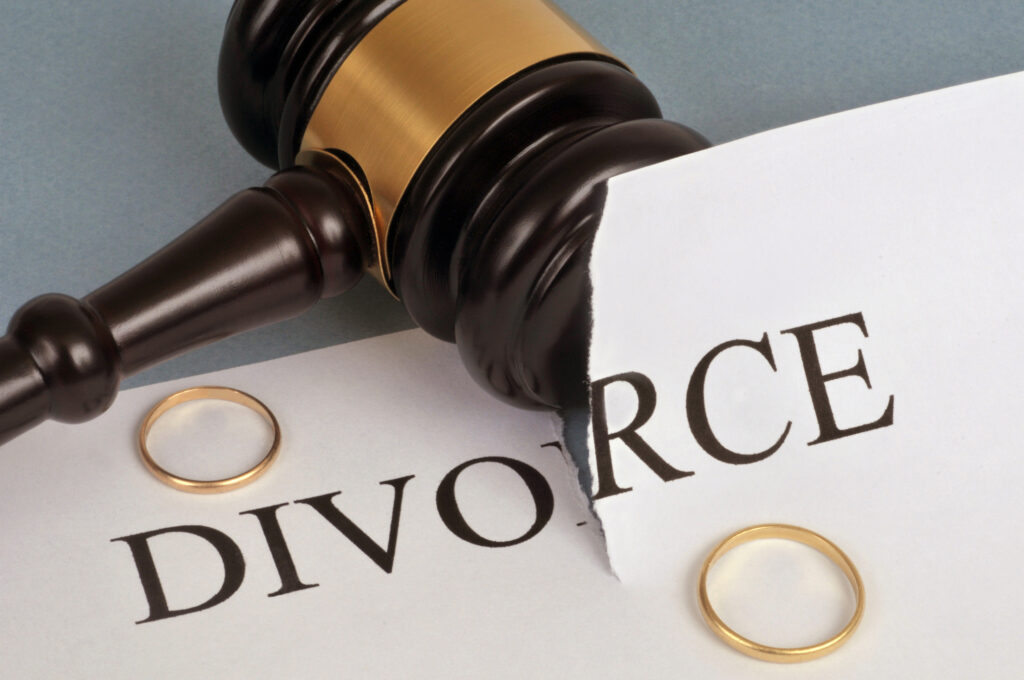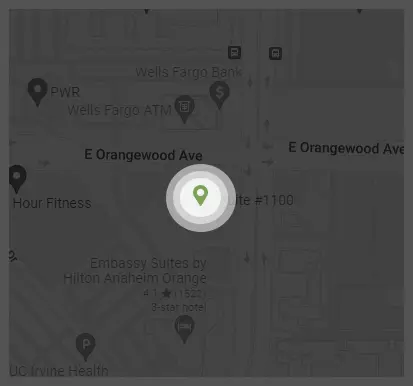Can Bankruptcy Cause Problems for Child Support or Alimony?
Conversations about child support and alimony are charged with emotion and struggle at the best of times. However, when a separate legal issue like bankruptcy becomes part of the conversation, it further muddies the waters.
Many parents fear an understandably frightening scenario: their ex files for bankruptcy, and they are then cleared of the need to pay the child support and alimony debt that has built up over months or possibly even years.
The good news is that the legal system knows and has seen every plan and scheme that people have tried to get out of paying their debts, and they have rules in place to prevent people from gaming the system.
Before you dig into the details of how alimony and child support are affected, you need to know about the bankruptcy itself.
Chapter 7 vs. Chapter 13 Bankruptcy: Which Affects Child Support and Alimony?</2>
Your ex could be planning two primary types of bankruptcy, and each one affects them slightly differently. With Chapter 13 bankruptcy, they get the chance to reorganize their finances and create a detailed plan for paying back those creditors over some time, usually between three to five years. With Chapter 7 bankruptcy, there is no repayment period because the assets are sold to pay their creditors.
You might be worried that Chapter 13 could include repayment of child support and alimony, and Chapter 7 may not, but that is not the case. Let’s break the conversation down and focus on each element. We’ll start with the one parents worry about the most: child support.
Is Child Support Debt Dischargeable in a Bankruptcy?
Child support is a parent’s most important responsibility, and the court system does not take that responsibility lightly. Child support is considered a priority debt, which means it is not dischargeable in bankruptcy.
Not only can you not get rid of child support debt, but it is the highest priority debt and will need to be paid back before any others. In fact, in a Chapter 13 bankruptcy, you must add the child support debt into your repayment plan to be approved for the discharge.
Does an Automatic Stay Stop Child Support Payments?
When someone files for bankruptcy, the court grants an automatic stay. This essentially means that creditors are prevented from using many of their tactics to seek payment. This includes invasive phone calls, the repossession or foreclosure of your property, and even potentially stopping them from garnishing your wages.
However, as mentioned before, child support is not considered equal to other debts. Even during an ex’s bankruptcy, you can still attempt to collect child support, seek garnishments, and take legal actions to establish or modify child support.
Does Bankruptcy Cancel Alimony Debt?
After child support questions, the next most important question is about their alimony and whether the alimony debt can be discharged in bankruptcy. The short answer is no, but the type of bankruptcy can affect how the repayment plays out.
As mentioned earlier in reference to child support, Chapter 13 bankruptcy involves reorganizing the debts and finances and forming a repayment plan. Similar to child support debts, alimony debts are considered priority debts. Because of that, any restructuring and repayment plan created during a Chapter 13 bankruptcy must include repayment to the high-priority debts, with alimony at the top of that list. That’s good news for the receiver of the alimony because the court has required a clear repayment plan that is made public and holds the power of the law.
Chapter 7 bankruptcy, on the other hand, involves selling assets to pay off debts. The priority debt categorization for alimony means it is the highest-ranking debt and the one repaid as soon as possible after selling the assets. That means that alimony debt should be one of the first bankruptcy-covered debts. However, unlike Chapter 13 bankruptcy, there are no repayment plan details, such as when it will be paid and in what increments. But the good news is, a plan isn’t needed because alimony will be one of the primary debt repayments after child support. That means money recovered from selling assets goes to alimony first before other debts.
The positive here is that the law is on your side when it comes to paying for child support and alimony, so you won’t be fighting uphill to get the court on your side. The negative is that if you’re dealing with an ex who was already inclined not to pay either child support or alimony, the situation may not miraculously change once bankruptcy has been completed. There will still be challenges, but the law is in your corner.
How Can an Attorney Help Me with Child Support and Alimony After My Ex’s Bankruptcy?
The good news is that the legal system is built to help you get your child support and alimony payments. Hearing about an ex’s bankruptcy can be worrying, but rest assured that you actually may have a much better chance of getting child support and alimony debt after a bankruptcy than before it. After all, bankruptcy helps to eliminate non-essential debt, which makes financial room for the more essential debts to be covered.
However, like anything in the legal world, the law is only as good as those who know it and enforce it. If your ex still plans on not paying, you’ll need someone on your side who can inform the court and get orders and actions taken.
That’s why an experienced and knowledgeable legal team like the one at The Law Office of Patrick O’Kennedy is the right fit for you. We’ve handled every type of child support and alimony case imaginable, and we’re ready to roll up our sleeves and get to work for you. If you call us at 714-701-6356, we can get up to speed on the details of your case and get you the help you need.








